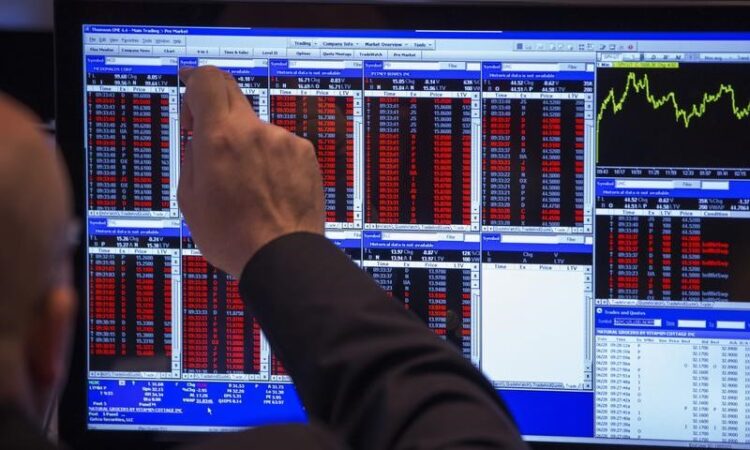
By Ben Blanchard
TAIPEI (Reuters) – Taiwan chipmaker TSMC’s 3.5 billion euros ($3.83 billion) investment in Germany will drive deeper engagement between the island and Europe, Taiwan’s economy minister said on Wednesday, pitching the political benefits of the deal.
For Taiwan, under increasing pressure from Beijing to accept China’s sovereignty claims over the island, the investment in a new factory is a show of goodwill towards Europe, even as the European Union has shown no desire to proceed with a Bilateral Investment Agreement, or BIA, Taipei has long hoped for.
“TSMC’s investment in Europe will help bring even closer cooperation between Taiwan and the EU,” Taiwan Economy Minister Wang Mei-hua told reporters in Taipei, when asked if signing the BIA would get more Taiwanese chipmakers to the bloc.
“Just like how Taiwan and the United States are continuing to strengthen cooperation, like the ’21st Century’ trade initiative and double tax avoidance, TSMC going to Europe will certainly strengthen bilateral relations in the future,” she added, referring to a recently signed trade deal with Washington.
Taiwanese officials, while pointing out TSMC’s investments are a company decision, have also said that European countries should strengthen ties with Taiwan if they want continued semiconductor cooperation.
Taiwan has repeatedly called for progress on a BIA with the European Union. The EU included Taiwan on its list of trade partners for a potential bilateral investment agreement in 2015, but it has not held talks with Taiwan on the issue since.
A BIA would be politically significant for Taiwan given its diplomatic isolation and general exclusion from most global bodies and agreements, though it is a World Trade Organisation member.
The TSMC investment in Germany will need approval by Taiwan’s economy ministry, and Wang said they will also consider the company’s “vigorous” investments at home when weighing the German plans.
A source familiar with the German talks told Reuters that approval was likely not a problem given that the plant will be making less advanced chips for the auto industry, rather than higher-end, more profitable chips for things like artificial intelligence applications.
“It will free space in Taiwan to make more valuable chips,” the source said, requesting anonymity as they were not authorised to speak to the media.
TSMC’s overseas expansion, which includes new factories in the United States and Japan, has sparked concerns in Taiwan, where semiconductor manufacturing is the backbone of the economy, about a “goodbye to Taiwan” trend among chip firms.
Get The News You Want
Read market moving news with a personalized feed of stocks you care about.
Get The App
Wang said that TSMC has repeatedly said its most advanced manufacturing and research would continue to be rooted in Taiwan, but that more chip production overseas was part of a global trend about giving greater resilience to supply chains.
“This is unavoidable,” she added.





